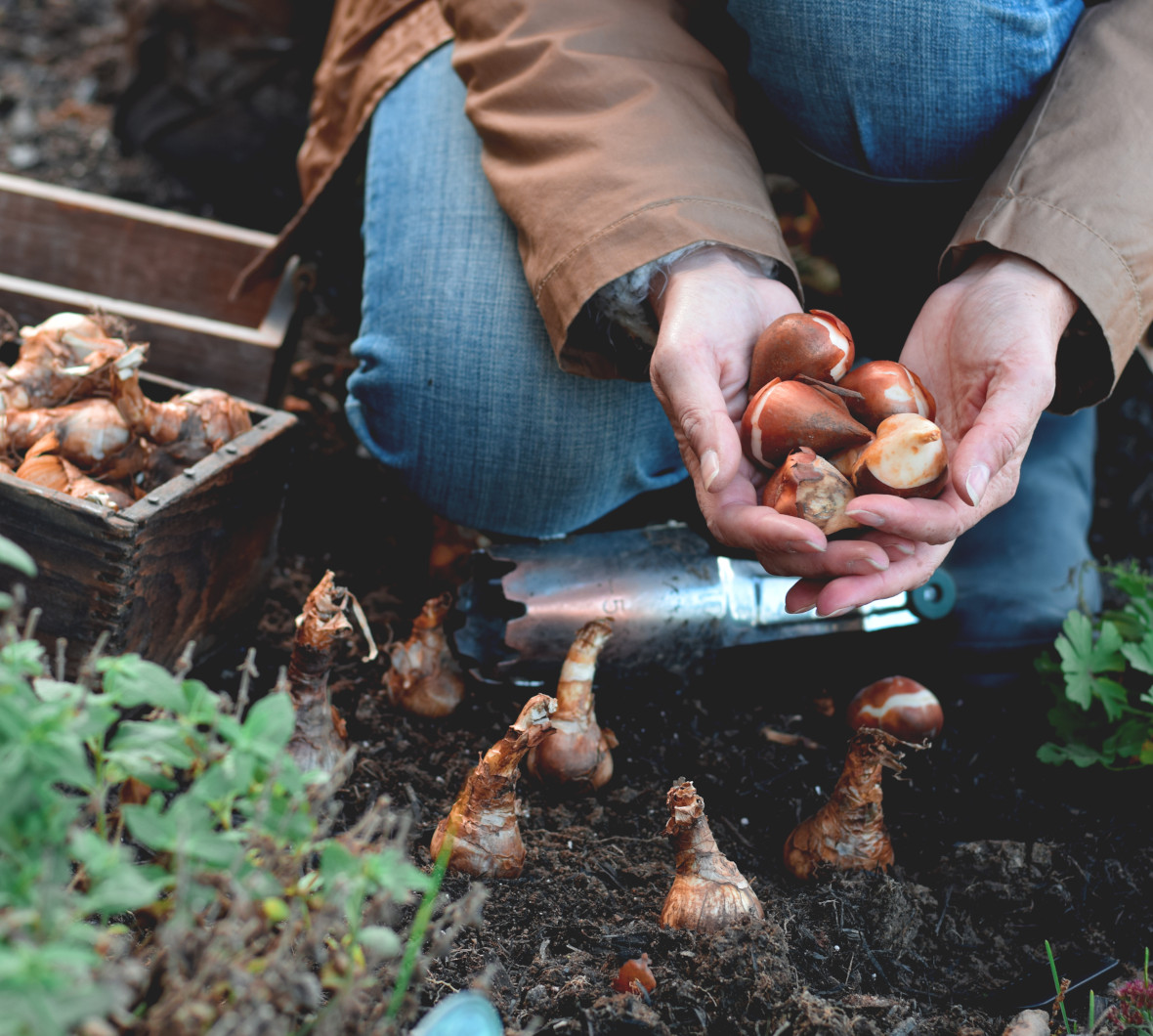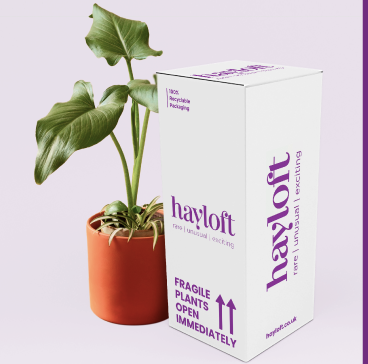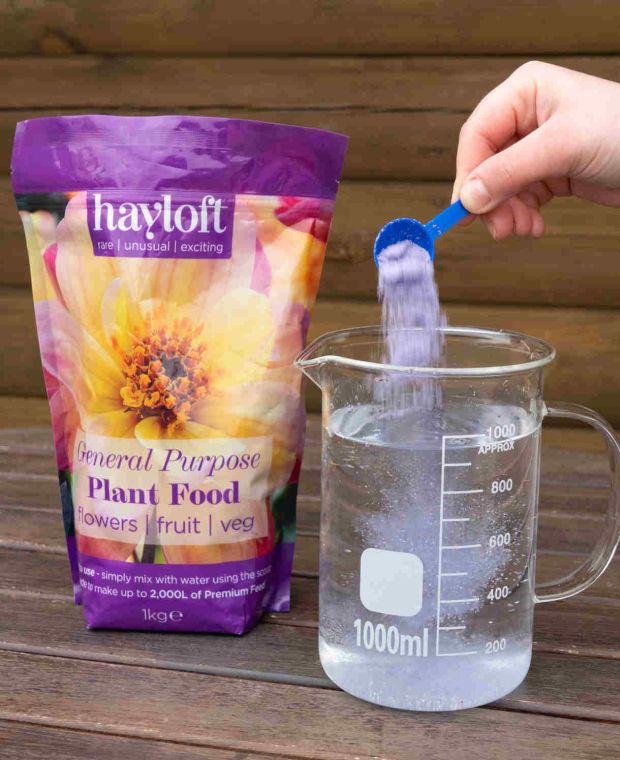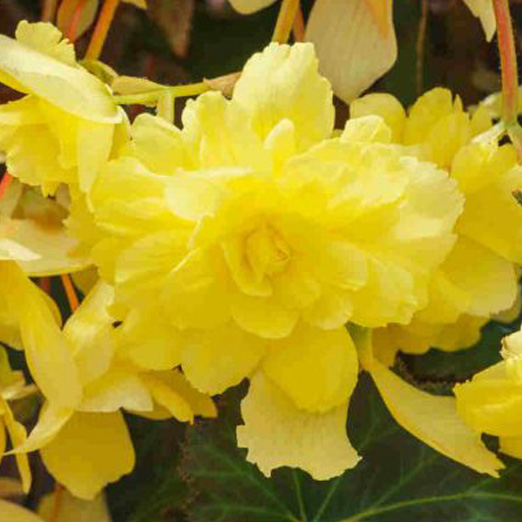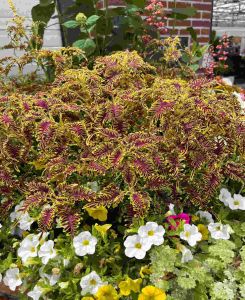You have no items in your shopping basket.
Craspedia globosa Manolo
Common name: Billy Buttons
Tall, striking spherical blooms
-1 to -5°C
Good Cut Flowers
Good for Pollinators
16/05/2025
Free UK Delivery on orders of £50
No Quibble Guarantee
Garden Inspiration
Tell Me More...
Bountiful, golden drumstick flowers, closely resemble quirky pom poms, from June to August. Flowers are grown on strong, stems which tower over narrow, grass-like, silvery-grey foliage, retained from March to October. Blooms are attractive to pollinators and make an unusual inclusion in floral arrangements, either fresh or dried. A favourite with florists because of their longevity in a vase or bouquet. Craspedia globosa 'Manolo' is native to Australia and New Zealand. Flowers are frequently referred to as glomerules, with their spherical forms made up of hundreds of tiny flowers clustered together. As they fade blooms mature to form equally attractive seedheads, so any not cut for arranging can be left for wildlife at the end of the season. Craspedia globosa ‘Manolo’ prefers a spot in well-drained soil of any kind except acidic with a position in full sun. Half-hardy (H3) perennial and most often grown as an annual bedding plant, reaching up to 60cm tall with a spread of 40cm.
Flower and Foliage Months
Jan
Feb

Mar

Apr

May


Jun


Jul


Aug

Sep

Oct
Nov
Dec
 Foliage Month
Foliage Month
 Flowering Month
Flowering Month
Key Information
| Latin Name | Craspedia globosa 'Manolo' |
|---|---|
| Common Name | Billy Buttons |
| Hardiness | H3 (-1 to -5°C) |
| Colour | Yellow |
| Format | Young Plants |
| Position | Full-Sun |
| Foliage | Deciduous |
| Height in Maturity (m) | 0.60 m |
| Spread in Maturity (m) | 0.40 |
| Soil Conditions | Chalk Clay Loam Sand |
| Soil Acidity | Alkaline Neutral |
| Aspect | East-facing, South-facing, West-facing |
| Drought Tolerant | Yes |
| Good for pots | Yes |
| Good for Rockeries | Yes |
| Good for wildlife | Yes |
| Good for pollinators | Yes |
| Good for cutting | Yes |
| Good for groundcover | Yes |
What Will I Receive?
Young Plants
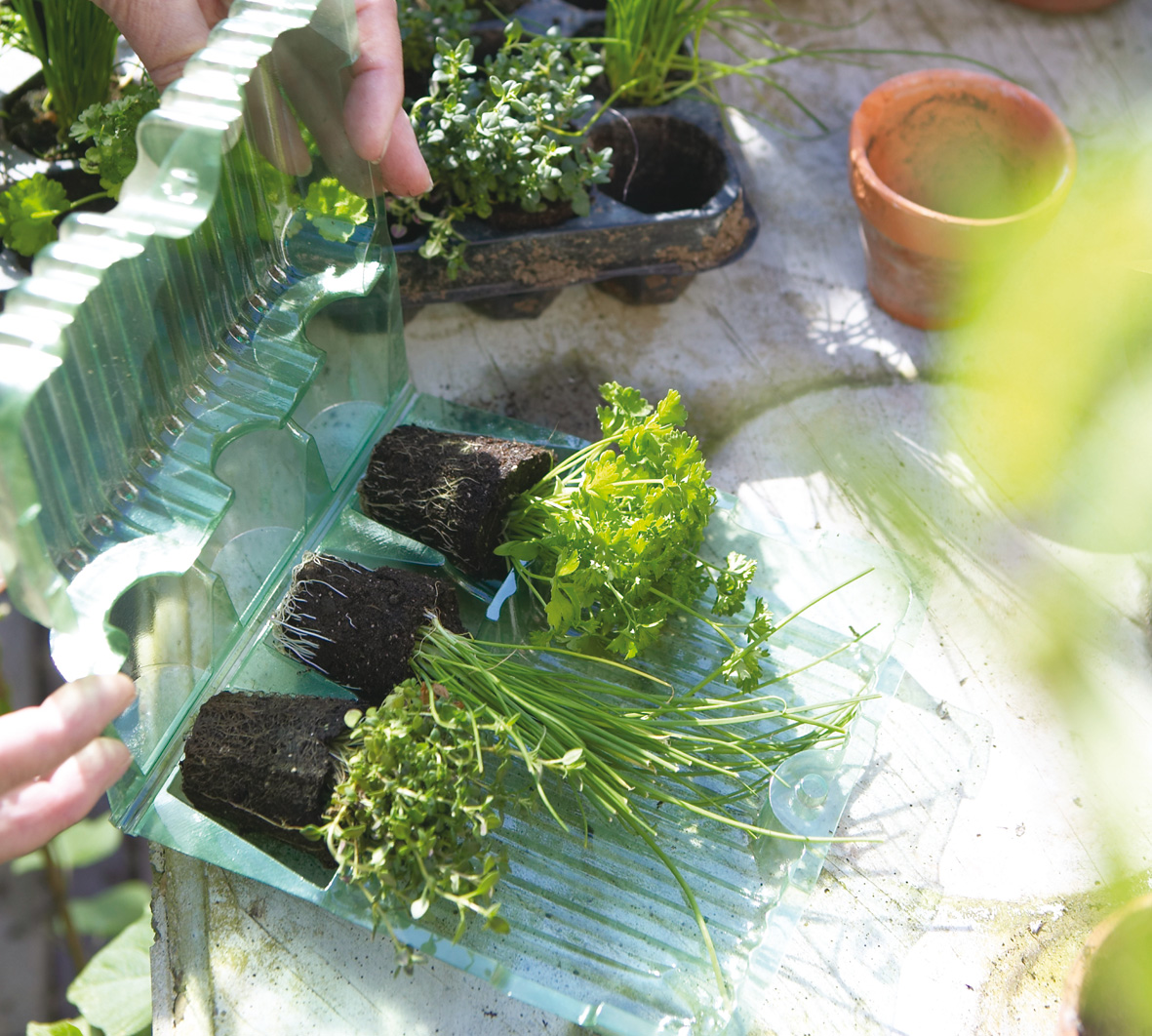
Potted Plants
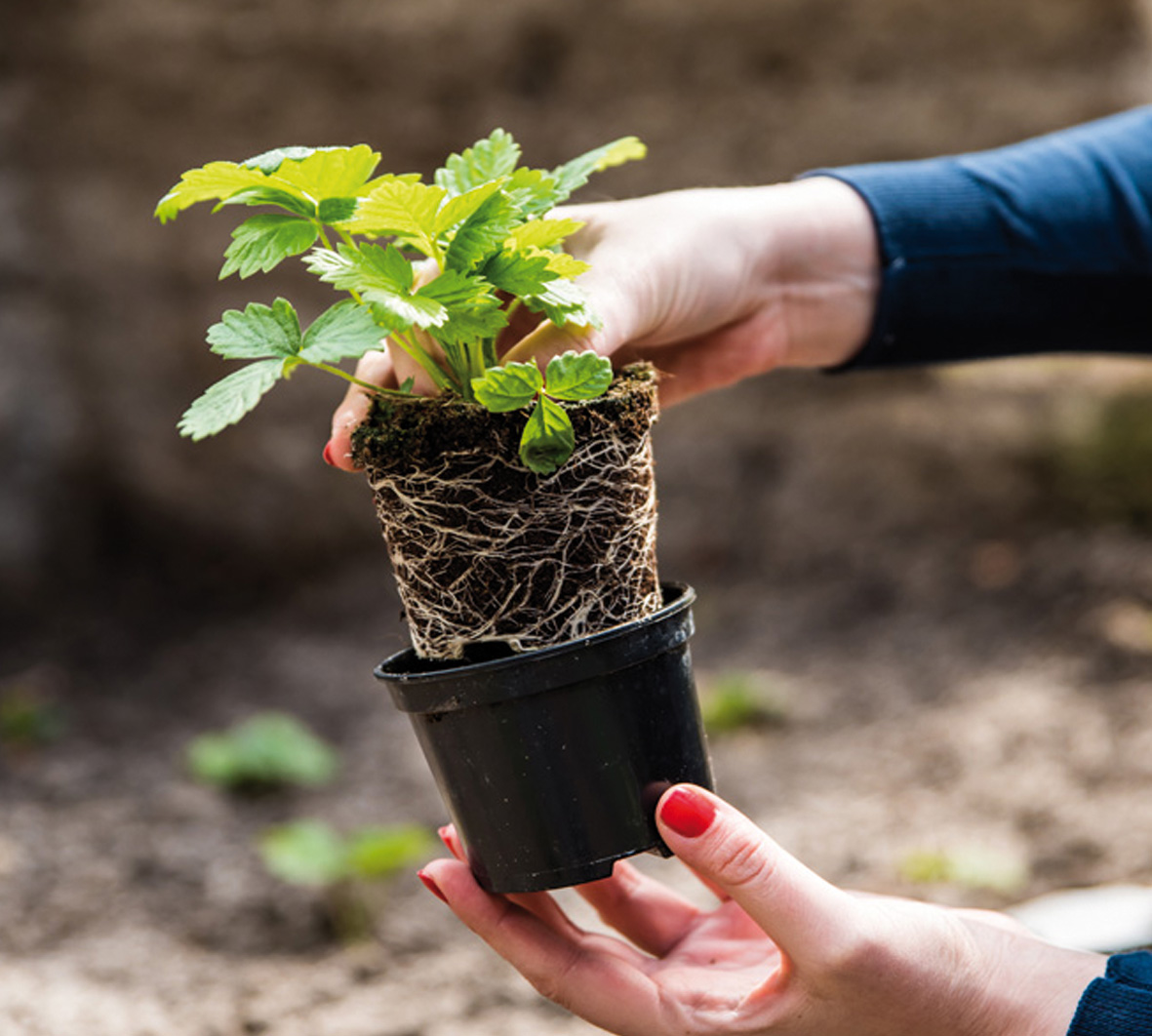
Bare Roots

Bulbs & Corms
